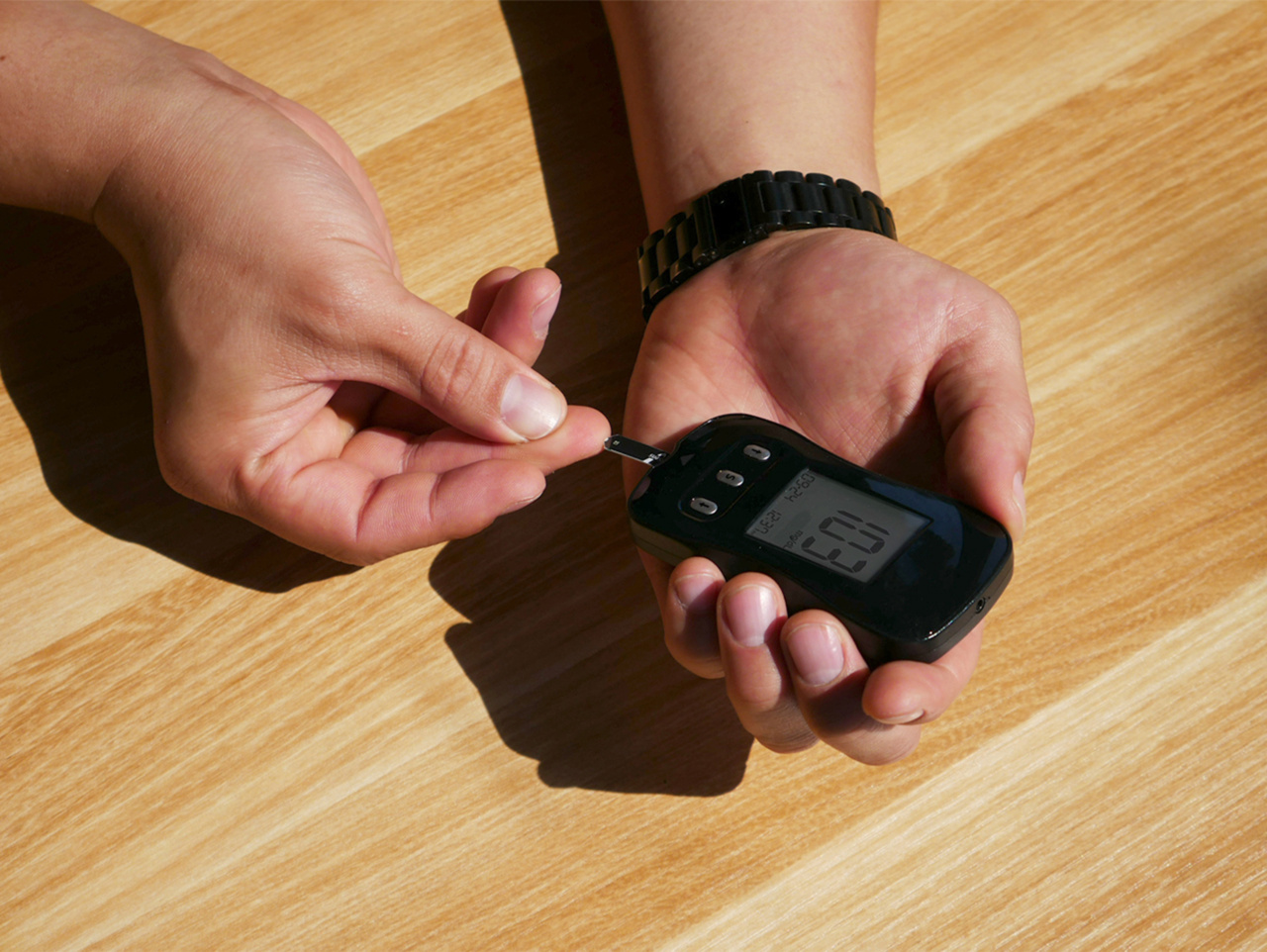Menopause and gestational diabetes may seem like two completely unrelated topics, but research shows that there is a clear connection between the two. In fact, menopause can increase the risk of developing gestational diabetes during pregnancy.
What is Menopause?
Menopause is a natural condition that occurs when a woman’s menstrual cycle stops, and she can no longer conceive a child. The average age of menopause is around 51, but it can vary from woman to woman.
During menopause, the body undergoes significant hormonal changes. The production of estrogen and progesterone decreases, leading to a range of symptoms such as hot flashes, irregular periods, mood swings, and increased risk of osteoporosis.
Gestational Diabetes
Gestational diabetes is a type of diabetes that some women develop during pregnancy. It occurs when the body cannot produce enough insulin to regulate blood sugar levels effectively.
Gestational diabetes usually goes away after delivery, but it can increase the risk of developing type 2 diabetes later in life.
The exact cause of gestational diabetes is not fully understood, but several factors can increase the risk, such as obesity, family history of diabetes, and advanced maternal age.
Connection Between Menopause and Gestational Diabetes
A recent study published in JAMA Internal Medicine found that menopause can increase the risk of gestational diabetes in pregnant women.
The study analyzed data from over 22,000 women and found that those who had undergone menopause had a 60% greater risk of developing gestational diabetes than those who had not.
The researchers suggest that hormonal changes during menopause play a vital role in this increased risk. As estrogen levels decrease, the body becomes less sensitive to insulin.
This insulin resistance can make it challenging for the body to regulate blood sugar levels, leading to gestational diabetes.
Other Risk Factors for Gestational Diabetes
While menopause is a significant risk factor for gestational diabetes, it is not the only one. Several other factors can increase the likelihood of developing gestational diabetes.
Obesity
Being overweight or obese is one of the most significant risk factors for gestational diabetes. Women who are obese are four times more likely to develop gestational diabetes than those with a healthy weight.
Family History of Diabetes
Women with a family history of diabetes, especially type 2 diabetes, are more likely to develop gestational diabetes themselves.
Advanced Maternal Age
As women get older, the risk of developing gestational diabetes increases. Women who are over the age of 35 at the time of delivery are more likely to develop gestational diabetes than younger women.
Symptoms of Gestational Diabetes
Gestational diabetes often does not cause any symptoms, which is why doctors screen for it during pregnancy. However, some women may experience symptoms such as:.
- Increased thirst
- Frequent urination
- Blurred vision
- Fatigue
- Nausea
If you experience any of these symptoms, it is essential to speak with your doctor immediately.
Treatment for Gestational Diabetes
Managing gestational diabetes is crucial for the health of both the mother and the baby. Treatment usually involves making lifestyle changes such as following a healthy diet and engaging in regular physical activity.
In some cases, medication such as insulin may be necessary to help regulate blood sugar levels.
Most women with gestational diabetes go on to have healthy pregnancies and deliveries. However, it is essential to continue monitoring blood sugar levels and follow up with your doctor after delivery to ensure that blood sugar levels return to normal.
Conclusion
The connection between menopause and gestational diabetes is clear, with research demonstrating that menopause can increase the risk of developing gestational diabetes during pregnancy.
However, women should keep in mind that gestational diabetes is a complex condition with many risk factors, and menopause is only one of them. Understanding the symptoms, causes, and treatment options for gestational diabetes is crucial for a healthy pregnancy and delivery.



























